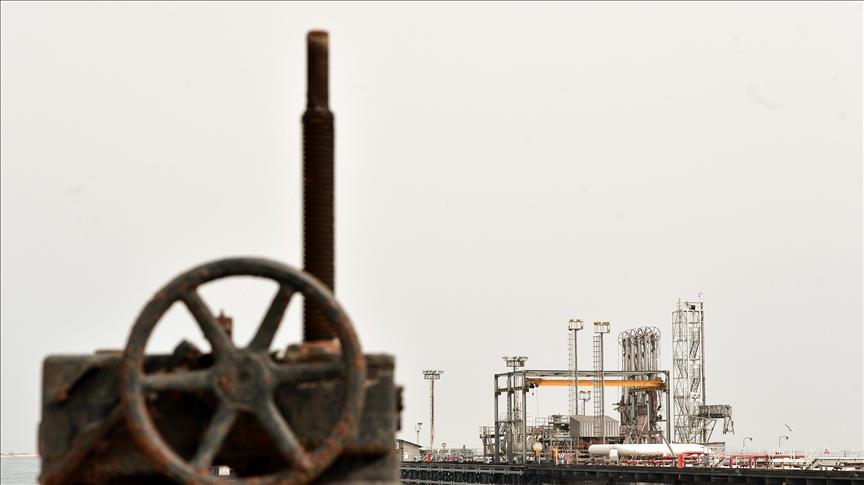Oil prices were up on Friday as investors assess the viability of the recent move of the International Energy Agency (IEA) to release the second batch of oil from member countries' emergency stocks amid the ongoing Russia-Ukraine conflict that is driving oil price fluctuations.
International benchmark Brent crude was trading at $101.33 per barrel at 0710 GMT for a 0.74% increase after closing the previous session at $100.58 a barrel.
American benchmark West Texas Intermediate (WTI) was at $96.77 per barrel at the same time for a 0.77% gain after the previous session closed at $96.03 a barrel.
Despite efforts to curb oil price increases, geopolitical supply risks caused by the Russia-Ukraine conflict are still one of the main concerns for global oil markets.
After the US Congress on Thursday voted to revoke Russia’s 'most favored nation' trade status, and banned oil and natural gas imports from Russia, the EU greenlighted the possibility of introducing a ban on Russian oil exports next week.
Besides talks of a ban on Russian fossil fuel exports, the IEA on Thursday confirmed its largest-ever oil release from its emergency of stocks in response to significant oil market strains.
The IEA’s latest decision to use 120 million barrels of oil from emergency stockpiles came after the agency’s collective emergency oil release on March 1 of 62.7 million barrels.
Earlier in April, US President Joe Biden also announced the release of 180 million barrels, or 1 million barrels per day (bpd), for six months to drive down prices at the pump and 'to ease the pain that families are feeling.”
ANZ commodity strategist Daniel Hynes said the IEA’s biggest release since the stockpile was created in 1980 would fail to ultimately change the fundamentals in the oil market.
He also warned that the move is likely to delay further increases in output from key producers.
“US oil producers have been relatively cautious in expanding output over the past 12 months. And the specter of another 1 million bpd of oil over the coming six months certainly won’t result in a change in approach,” Hynes said.
The recent decisions to tap emergency stockpiles give the OPEC+ alliance more breathing room amid calls to further increase output.
“However, it also leaves the market ill-prepared for any unplanned disruptions just as it is approaching the peak demand season over the Northern Hemisphere summer,” he said.
By Sibel Morrow
Anadolu Agency
energy@aa.com.tr


